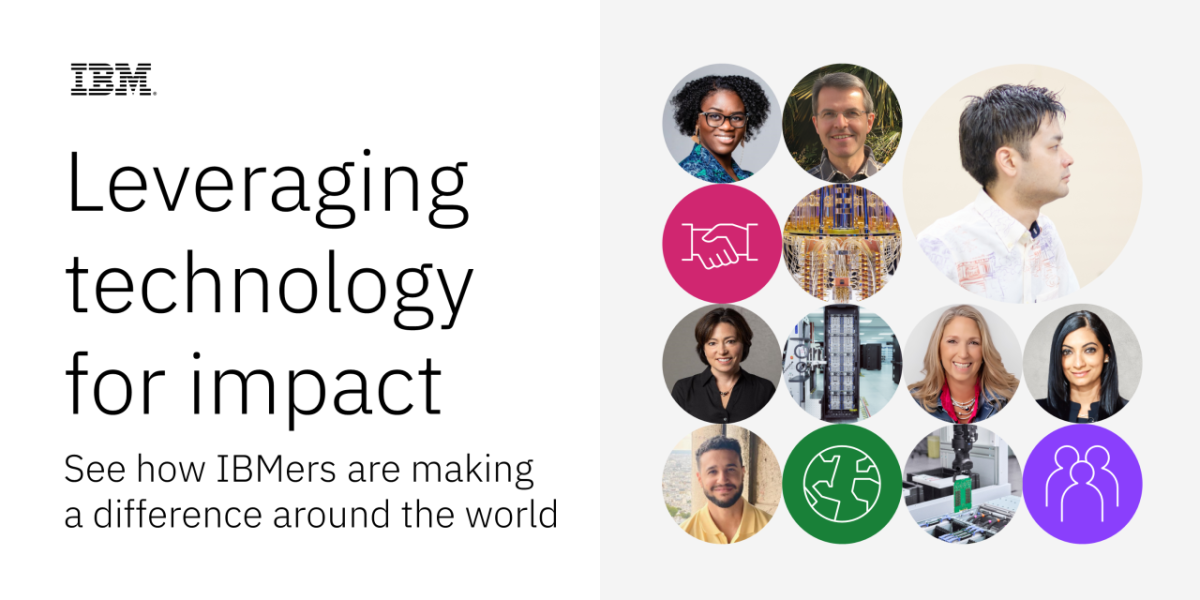IBM: Embedding Our Net Zero Goal in Our Business Operations Using AI
Published 04-19-24
Submitted by IBM

Originally published in the IBM 2023 Impact Report
IBM has set a target of reaching operational net zero GHG emissions by 2030 with 350,000 metric tons or less of residual CO2 emissions. This requires that we reduce our current operational emissions as much as possible through energy conservation – increasing operational efficiency and energy conservation and reducing energy consumption.
One of the key challenges is data. In sustainability, it’s a popular saying that you can’t manage what you don’t measure. Jimmy McDonough, Global Energy Manager at IBM Global Real Estate, knows the key to address this – artificial intelligence (AI) powered tools.
In 2023, AI allowed Jimmy and other teams at IBM to capture and analyze IBM’s energy data within a single, auditable tool across a portfolio of over 600 locations. With this, the company can pull reports and filter by location, geography, and utility, among others, to understand where energy consumption is highest, where there are unexpected changes in energy, and where the company has the most opportunity to drive energy conservation to help meet our 2030 net zero target.
For Jimmy and other IBMers, embedding this philosophy and strategy across the company’s operations generates new insights that can create new energy conservation opportunities.

IBM
IBM
Innovation – joining invention and insight to produce important, new value – is at the heart of what we are as a company. And, today, IBM is leading an evolution in corporate citizenship by contributing innovative solutions and strategies that will help transform and empower our global communities.
Our diverse and sustained programs support education, workforce development, arts and culture, and communities in need through targeted grants of technology and project funds. To learn more about our work in the context of IBM's broader corporate responsibility efforts, please visit Innovations in Corporate Responsibility.
More from IBM

